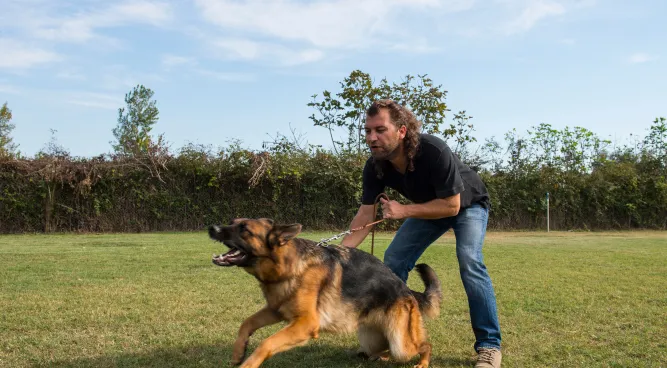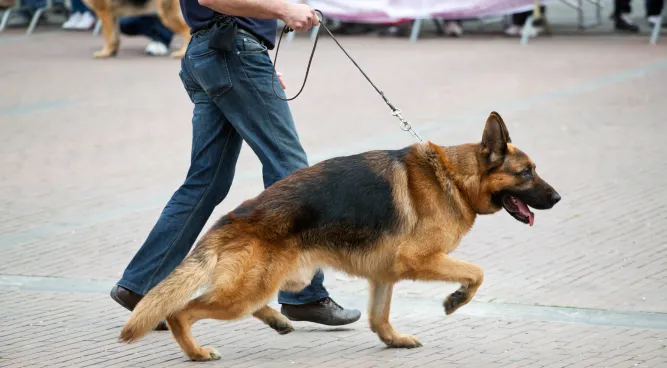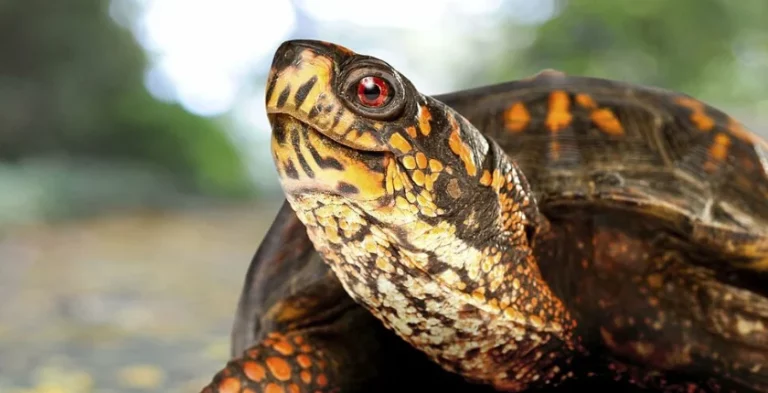My Cat Killed a Mouse but Didn’t Eat It: Explaining This Curious Feline Behavior
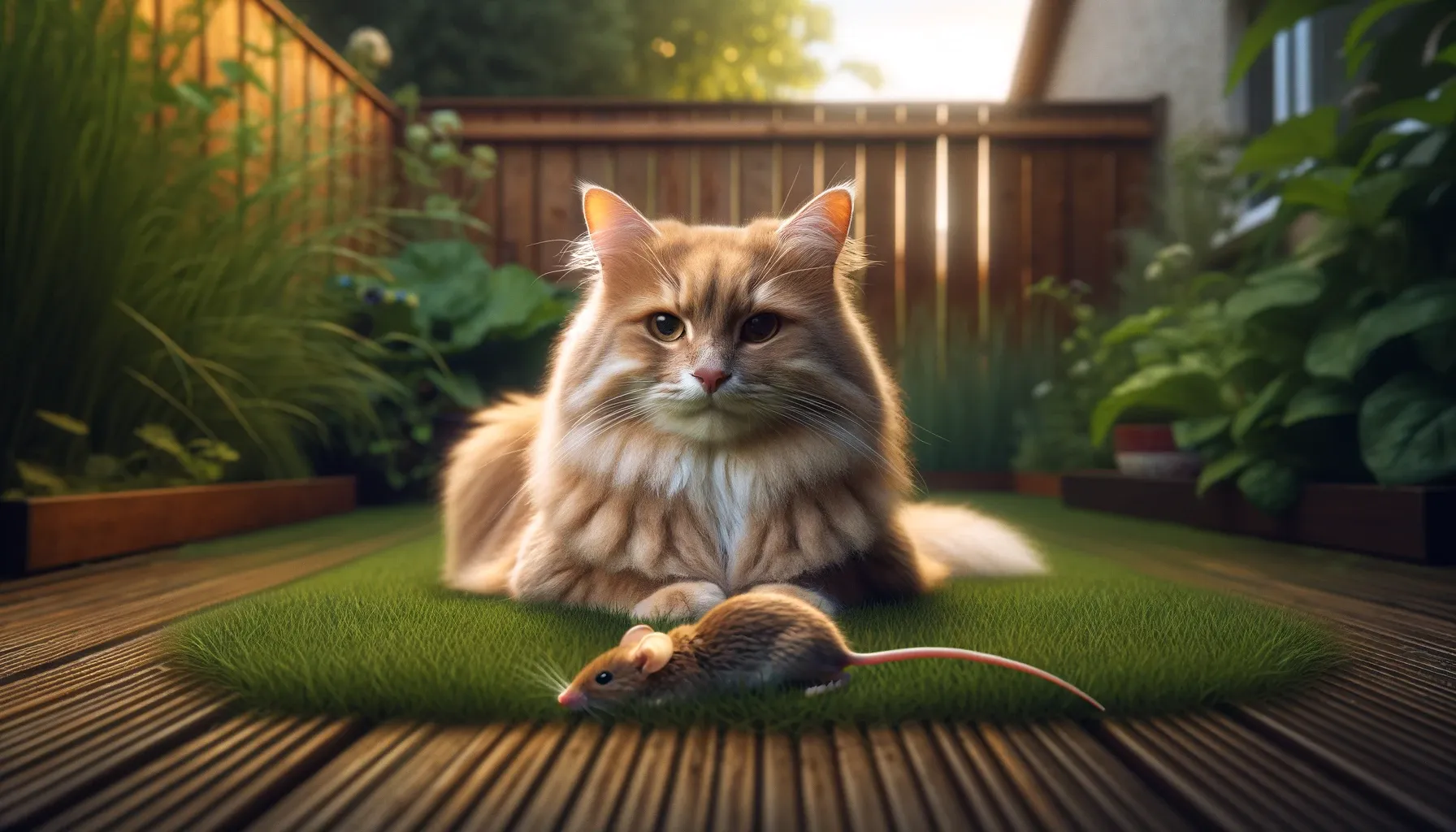
Table of Contents
Discover why my cat killed a mouse but didn’t eat it. Uncover the natural instincts behind this behavior and learn what steps to take after such an incident.
As a cat owner, you may have had the experience of your feline companion proudly bringing you a “gift” of a dead mouse or other small animal. This innate hunting behavior is common among cats and satisfies their predatory instinct. But sometimes, cats don’t actually eat their prey after killing it. So what would cause a cat to kill its prey yet have no interest in eating it afterward? There are several possible explanations for this peculiar behavior.
Understanding Cats’ Hunting Instincts
To understand why a cat might kill but not eat prey, it helps to first look at the natural hunting behaviors of cats. Here are some key points:
- Hunting is an instinctual feline behavior passed down from wild cat ancestors. Domestic cats retain this strong predatory drive.
- Stalking, chasing, pouncing, killing, and eating prey are all parts of the sequence of feline hunting behaviors.
- The stalking and killing actions fulfill the predatory aspect while eating the prey satisfies nutritional needs.
- Cats have a natural drive to hunt even when well-fed. Their instincts compel them to stalk potential prey.
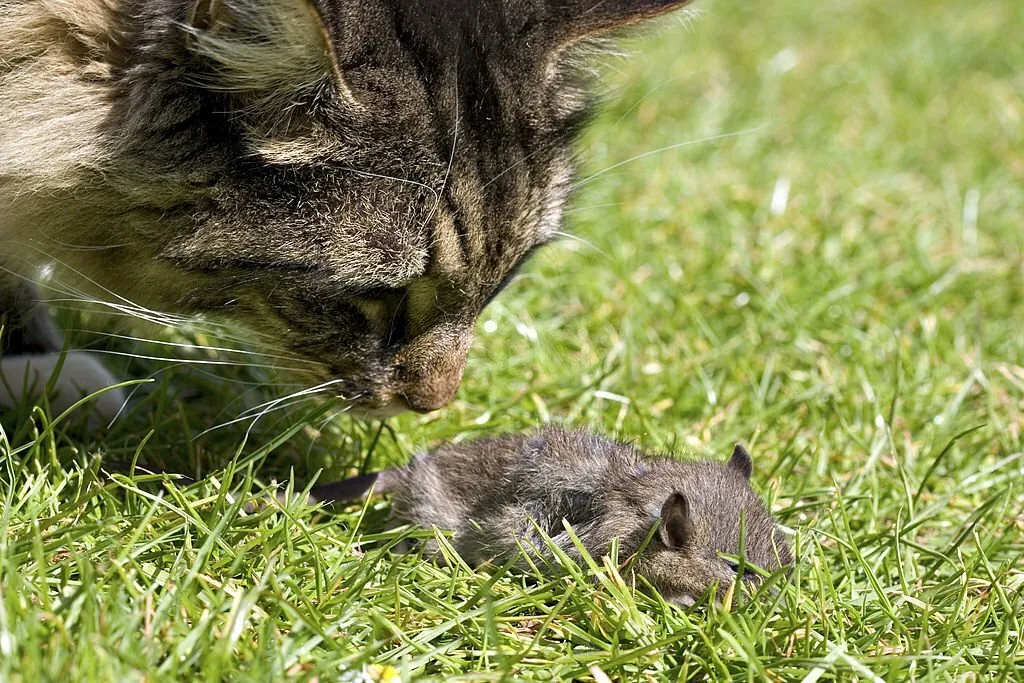
So hunting behaviors are ingrained in cats, which explains why even well-fed house cats will stalk, kill, and sometimes present their owners with “gifts” of prey like mice or birds. But this doesn’t explain why they might not eat their prey after killing it.
An amazing post to read about Maine coon tabby mix kitten
Possible Explanations for Killing Without Eating
Here are some possible reasons why a cat might kill prey but show no interest in eating it afterward:
Hunting Practice and Skill Development
Kittens learn hunting skills like stalking, pouncing, and killing through practice with prey. Adult cats may also engage in “play hunting” to keep their skills sharp. The prey they kill in this practice of hunting often goes uneaten. This allows them to satisfy the predatory aspect of hunting without needing to eat the prey.
Territorial Defense
Cats are highly territorial, even indoor-only cats. Killing an animal that enters its perceived territory can be a display of dominance and a way for the cat to protect its turf. Leaving the dead prey uneaten demonstrates this territorial message.
Prey Not Preferred
Cats have food preferences and may find certain prey more appetizing than others. A cat may kill prey like a mouse yet have no interest in actually eating it if it’s not to the cat’s taste.
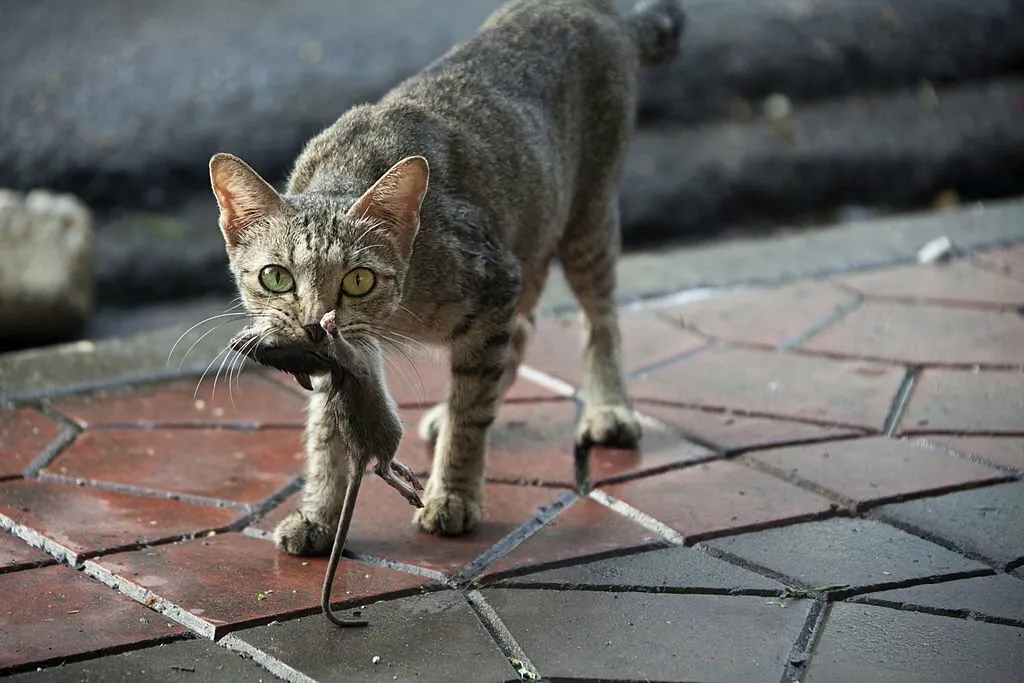
Excess Kills
When cats do eat their prey, they don’t usually eat the entire carcass. Surplus killing describes when a cat kills more prey at once than it can eat. This stems from their natural tendency to binge-hunt for later. The cat may lose interest after eating its fill, leaving excess prey kills uneaten.
Sickness or Health Issues
Illness, dental problems, loss of appetite, or other health issues could cause a cat to kill prey but not be interested in eating it. An unhealthy cat likely won’t pass up an opportunity to hunt but may not eat the prey afterward.
Age and Life Stage
Elderly cats or young kittens may kill prey but not eat it if they have difficulty with the actual eating process. Very old or very young cats may still enjoy the thrill of the hunt but be physically limited in consuming prey afterward.
Separation Anxiety
Cats experiencing separation anxiety due to changes in routine, a new home, owner absence, etc. may kill prey to relieve stress but won’t eat it due to anxiety-induced appetite changes. The hunting behavior satisfies their instinct despite emotional distress suppressing their appetite.
Traumatic Experiences
Trauma like a bad experience eating certain prey, punishment during hunting, or attack by another animal can create an aversion to eating that prey item. The cat may still kill the prey due to instinct but avoid eating it after association with the traumatic event.
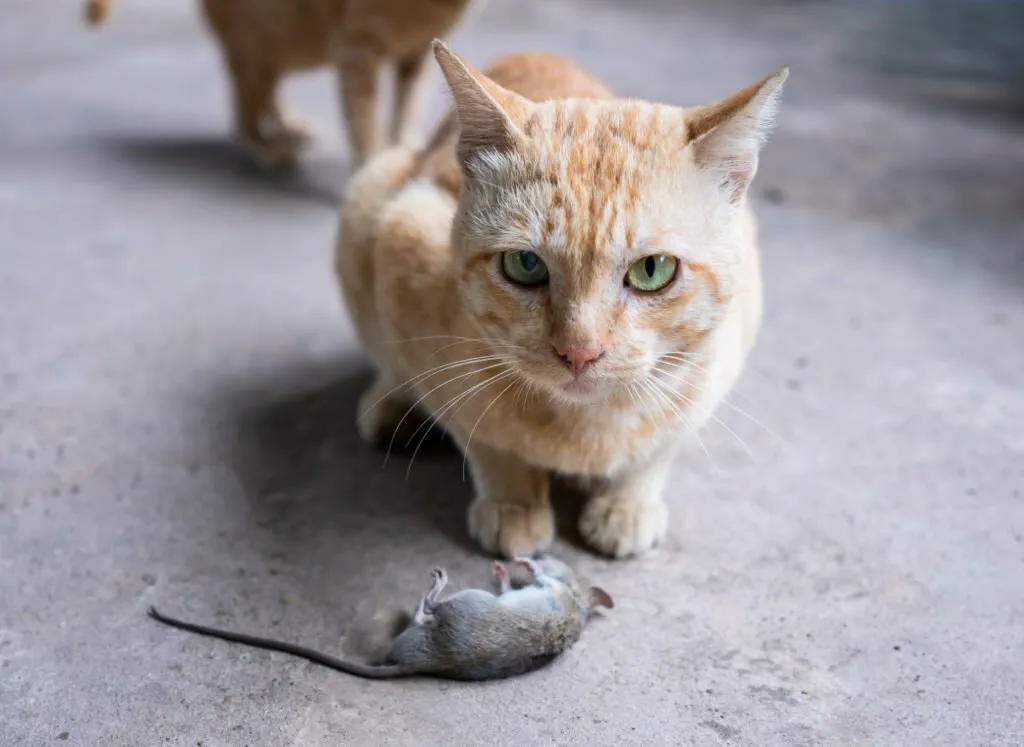
What To Do If Your Cat Kills But Doesn’t Eat Prey
If your cat starts displaying this curious behavior of killing prey without eating it, here are some tips:
- Make sure the cat is healthy overall and doesn’t have dental issues, loss of appetite, or trauma causing prey aversion. Seek veterinary care if you suspect health problems.
- Try feeding more frequent small meals and provide ample hunting-like play to satisfy your cat’s predatory needs.
- Limit outdoor access for the safety of local wildlife populations if your cat is an outdoor hunter.
- Use deterrents like bells on collars and sprays made from prey smells that cats dislike to discourage hunting.
- Remove dead prey remains yourself—don’t scold your cat or punish this innate behavior.
- Be patient, as cats often outgrow excessive hunting behaviors as kittens mature.
While killing without eating prey may seem peculiar, it’s important not to punish your cat for these natural instincts. With care and management, you can curb unhealthy or excessive hunting behaviors and enjoy your cat’s amusing predatory quirks safely.
FAQs About Cats Killing Prey But Not Eating It
Here are some common questions cat owners have about this behavior:
Why does my cat kill but not eat?
Cats instinctively hunt for fun and to hone their skills. Eating may not always be their primary motivation.
Can cats get sick from killing a mouse?
Generally, if your cat is healthy, the risk is low. However, monitor for signs of illness and consult a vet if concerned.
What should I do after my cat kills a mouse?
Safely dispose of the mouse, clean any mess, and monitor your cat for behavior changes. Consider praising them for natural instincts.
What to do if your cat catches a mouse and it’s still alive?
Safely capture and release the mouse outside, or seek professional help if uncomfortable.
Should I be worried if my cat caught a mouse?
Not necessarily, but observe for any unusual behavior or symptoms and consult a vet if needed.
Wrapping Up
To summarize, while it may seem puzzling to find your cat killing prey without eating it, this behavior has several explanations. Understanding your cat’s natural hunting drive, territorial instincts, food preferences, and health status helps explain the possible reasons behind the kill. With care and management, you can meet your cat’s needs while reducing unwanted hunting of local wildlife. The key is not to punish natural behaviors but rather focus on a healthy, enriched lifestyle for your cat’s wellbeing. With time and patience, your cat can live harmoniously with you and your local ecosystem.

